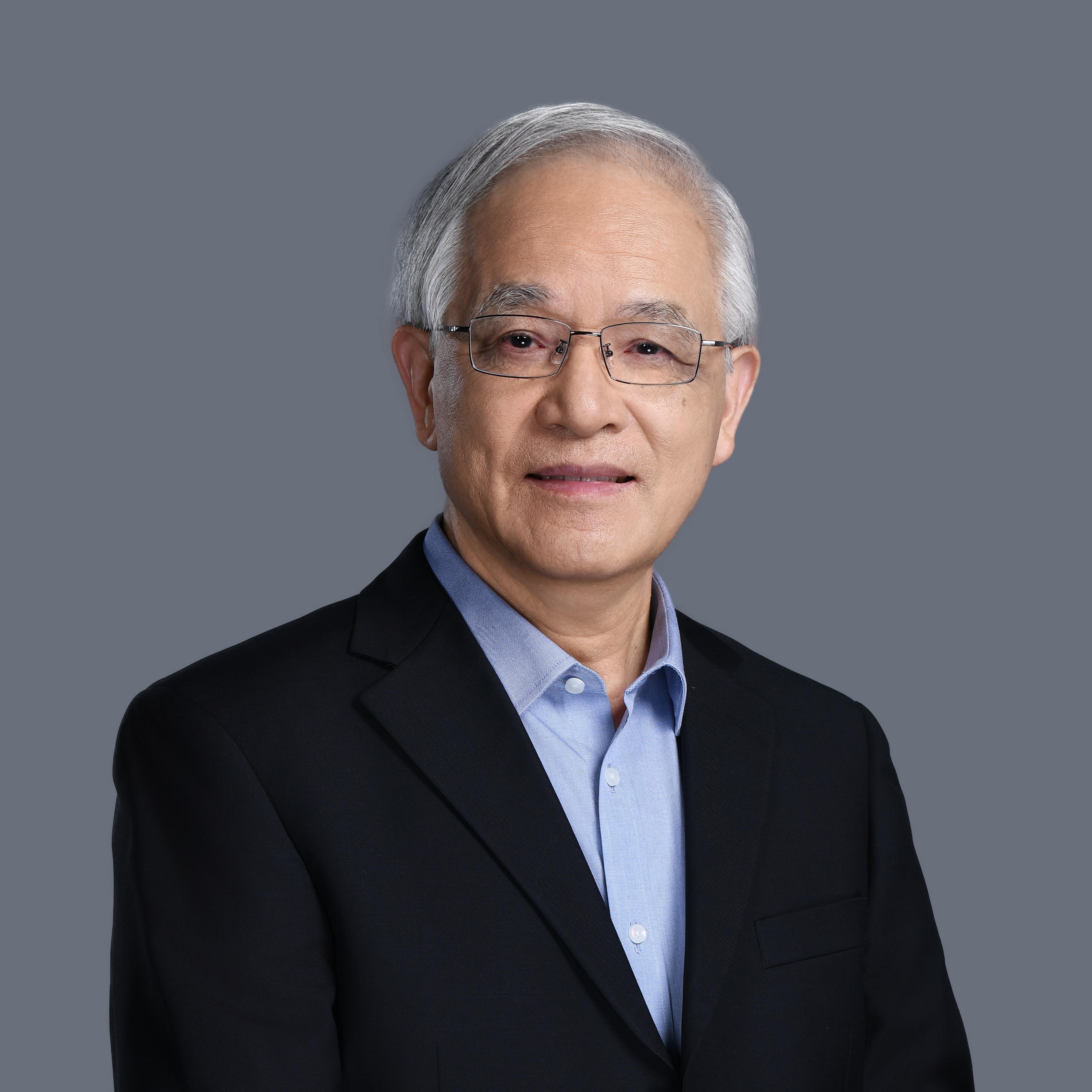Global Journal Observatory | Advances in Atmospheric Sciences: China's Global Perspective

Advances in Atmospheric Sciences (AAS) is ranked third on the Top 100 journals list of science journals and first in Earth Sciences journals, according to the 2024 Report on the International Communication Impact of English-Language Scientific Journals Based in China, released on November 2.
Despite atmospheric sciences being a niche field, AAS has achieved international influence comparable to journals from other broad scientific disciplines.
As one of its co-editors-in-chief (EiC), I feel this reflects the golden era of Chinese English-language scientific journals and marvel at the foresight of the pioneers who established AAS 40 years ago.

Founded in 1984, AAS was led by Tao Shiyan, a renowned expert in weather dynamics acclaimed for his contributions to flood forecasting in the Yangtze River Basin. Tao invited Ye Duzheng, later a recipient of China's Highest Science and Technology Award, to pen the inaugural editorial. The editorial stated that AAS was launched to enable global scientists to understand developments in China's atmospheric sciences and foster international cooperation.
So from its inception, AAS has embodied the dual mission of being rooted in China while addressing global challenges.
Strengthening international collaboration
The 1980s marked China's reentry into the International Association of Meteorology and Atmospheric Sciences (IAMAS), with Chinese atmospheric scientists gradually gaining prominence on the global stage. It has since become customary for the Chinese IAMAS chairperson to serve as one of AAS's co-EiC. Every four years, AAS publishes the Chinese National Committee for IAMAS Reports, providing a comprehensive review of advances in various atmospheric science disciplines in China.
In 2015, IAMAS proposed a formal partnership with AAS, filling a historical gap as IAMAS had never had an affiliated academic journal in its century-long history. This collaboration has greatly enhanced AAS's international reputation. Through this mutually beneficial partnership, AAS and IAMAS have worked together to organize special issues addressing the challenges posed by climate change.
Innovating publishing models and leading global discussions
AAS has launched new sections, including "News and Views," inviting leading scientists to discuss pressing international topics. For instance, following the 2022 Tonga volcanic eruption, AAS published an article estimating its potential climate impacts, which was cited by Science and Nature publications, demonstrating its academic and societal impact.
The "Perspectives" section, focusing on forward-looking research, has also gained widespread attention. A submission by French scientist Florent Brient on reducing uncertainties in climate projections with emergent constraints prompted the editorial board to establish this section, with Brient's paper featured as a cover story. The article sparked global discussions among climate model scientists and was awarded AAS's Outstanding Paper of the Year.
Supporting fundamental research
AAS doesn't solely pursue trending topics; instead, we highly value basic research that requires substantial time and effort, even if it may not receive high citation counts immediately.
Additionally, AAS's high-quality publication services have made it the primary vehicle for the annual global ocean heat content report. Over the past seven years, this report has expanded from being authored by a single Chinese team to contributions from over 10 research teams across China, the U.S., France and Italy. The scope has also broadened to include sea surface temperature, salinity, stratification, and other metrics.
In 2023, AAS ranked in the top eight percent of its subject category in the Clarivate Journal Citation Reports and published articles from 41 countries and regions over the past five years. These milestones honor the vision of its founders.
Atmospheric science is inherently global, reflecting the dynamic nature of the atmosphere. Collaboration and openness have always been central to its progress. I am confident that AAS's commitment to innovation and inclusivity will ensure its long-term success and establish it as an internationally respected journal.
The author is written by Mu Mu, who is a co-EiC of Advances in Atmospheric Sciences, distinguished professor at Fudan University, and academician of the Chinese Academy of Sciences.
Comment
Atmospheric science research encompasses various aspects, including observation, simulation, analysis, and theories. The atmosphere knows no borders, and academic journals serve as an essential platform for scientists worldwide to exchange research findings. In 1984, the Institute of Atmospheric Physics of the Chinese Academy of Sciences and the Chinese Committee of the International Association of Meteorology and Atmospheric Sciences (IAMAS) jointly launched Advances in Atmospheric Sciences (AAS).
A distinctive feature of AAS is its collaborative approach to publishing. In 2005, when China hosted the IAMAS Assembly in Beijing, numerous distinguished attendees, including Nobel laureate Syukuro Manabe, fellow of the UK Royal Society Sir Brian Hoskins, and member of the U.S. National Academy of Sciences Professor Robert Dickinson, participated. AAS promptly published a special issue for the conference, drawing the attention of IAMAS and other international scientific organizations.
In 2015, AAS became an IAMAS-affiliated journal and was also co-hosted by the Chinese Meteorological Society in the same year. Its editorial board comprises renowned scientists from both China and abroad, with over 100 editorial members from 10 countries ensuring the journal's academic quality.
Over its 40-year history, AAS has witnessed the rise of atmospheric science in China and its integration into international collaborations. Dedicated to advancing global atmospheric sciences, it has grown into an outstanding international journal in the field. We hope AAS continues to thrive and make even greater contributions to the global academic community.
——Wu Guoxiong, an academician of the Chinese Academy of Sciences, and senior scientist at the Institute of Atmospheric Physics, Chinese Academy of Sciences.






